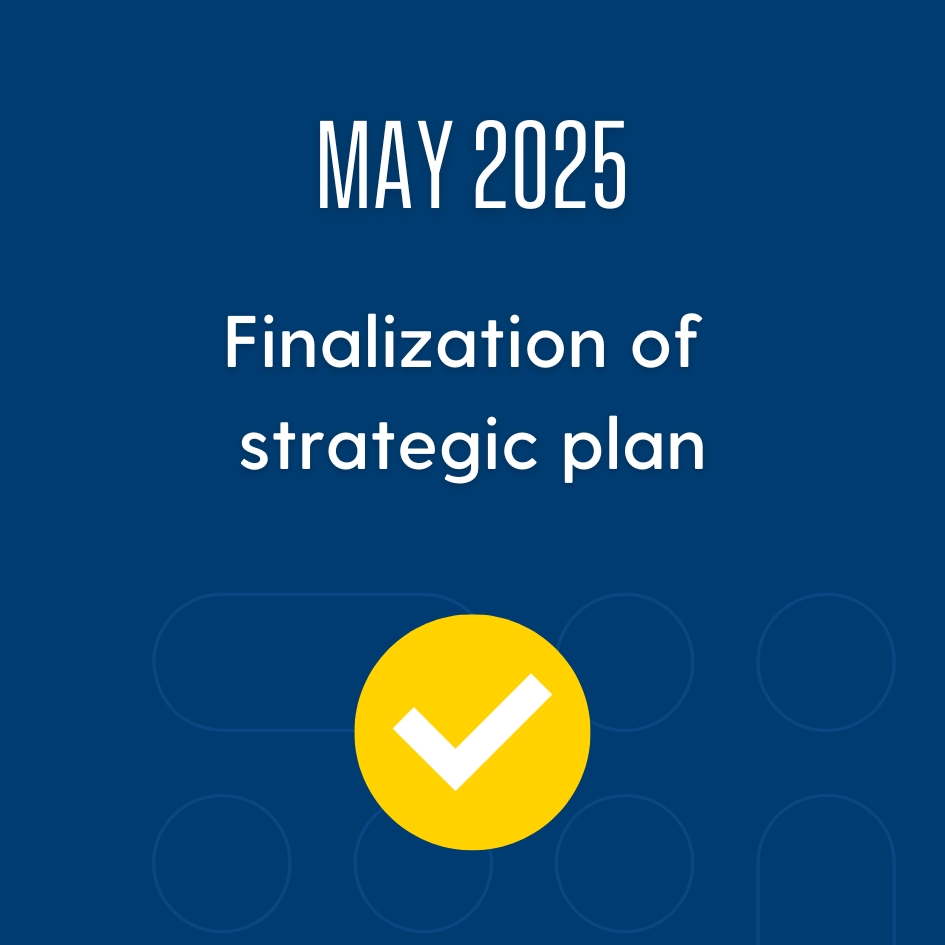
Strategic Plan

Strategic Plan
In June 2024, the College of Agriculture and Natural Resources (CANR) launched an ambitious strategic planning process. Now, after a year of engagement, we are proud to share our new five-year strategic plan. This plan is more than just a document – it is roadmap that builds on our 150-year legacy of excellence to lead us into an exciting and dynamic future.
This effort was driven by the input of our faculty, staff, students, and partners, who came together to lend their ideas and experiences. Thank you to all who took the time to be a part of this planning process.

Message from the dean
To our college community members,
I’m excited to share this strategic plan–a bold and thoughtful roadmap shaped by the voices of our college community. Your dedication and willingness to collaborate allowed us to imagine a future for the College of Agriculture and Natural Resources that builds on the excellence we have long embodied and will continue to uphold in the years to come. Through listening sessions, surveys, and discussions, our students, faculty, staff, alumni, and partners came together to identify what matters most and define where we focus our energy moving forward.
As we look to the future, we recognize there are uncertain times ahead, but after a year on the job, I am truly optimistic and inspired by the curiosity of our researchers and students; the passion for our state and its people demonstrated by Cooperative Extension (Extension); and our educators’ continued dedication to our students. Over the past year alone, our students and faculty have led research efforts that have addressed some of the most urgent and complex challenges facing our state and communities–from avian disease and coastal resiliency to food safety, crop production, and carbon capture. Our shared commitment to addressing the most pressing challenges is truly inspiring, and I’m honored to present a plan of this magnitude at such a pivotal moment.
While we are not the only ones rising to the challenge, what truly differentiates CANR is our holistic approach–as we advance research, our students are engaged with emerging discoveries in real time, and our dedicated Extension professionals work tirelessly to translate that scholarship into action through programming across the state. The collaborative backbone of our college is one of our greatest strengths, allowing us to move forward with purpose, driven by curiosity and a commitment to asking the right questions and delivering transformative solutions.
This intentional integration of research, education, and outreach is a defining characteristic of CANR. We do not stop at generating knowledge, we apply it. We enable our students to be active participants in this process, gaining real-world, applied experiences that are both distinctive and transformative. This blend of scholarship, community engagement, and experiential learning defines who we are and strengthens our impact across Delaware and beyond.
As an alumnus of CANR, I know firsthand what a special and distinctive place this is. Now, as Dean, I am proud to carry that legacy forward, honoring the values that make this college feel like home while pushing us to grow, adapt, and realize our full potential. This plan provides the foundation to do just that. It captures who we are and who we aspire to be–a community of problem-solvers, leaders, and innovators grounded in science and driven by purpose.
We have a strong foundation, clear direction, and shared vision, and with this plan as our guide, I’m confident the next chapter in CANR’s story will be one of continued impact, collaboration, and progress. With a clear sense of purpose, we remain at the forefront of agriculture, natural resources, and environmental stewardship, laying the groundwork for the next 150 years and beyond.
Sincerely,
Brian E. Farkas
Dean, College of Agriculture and Natural Resources
University of Delaware
In early September 2025, Dean Brian Farkas delivered presentations in each county, unveiling the Strategic Plan and discussing the future vision and direction for the UD College of Agriculture and Natural Resources.
Strategic Plan Overview
Mission
The College of Agriculture and Natural Resources is a unified community of leaders addressing the grand challenges that define our relationship with the natural world and the future of global agriculture through rigorous and engaged research, innovative and discovery-based teaching, and impact-driven outreach and engagement.
Vision
We will be a preeminent college recognized for preparing world-class leaders and innovators in agriculture, natural resources, and emerging fields while conducting groundbreaking, collaborative research that transforms communities, ecosystems, and industries.
Values
Community
Collaboration
Innovation
Impact
Our strategic plan is organized around five key priority areas – for each area, a key goal has been established, providing a focus for progress, accompanied by key strategies and actions required to drive success and ensure that each goal is achieved.
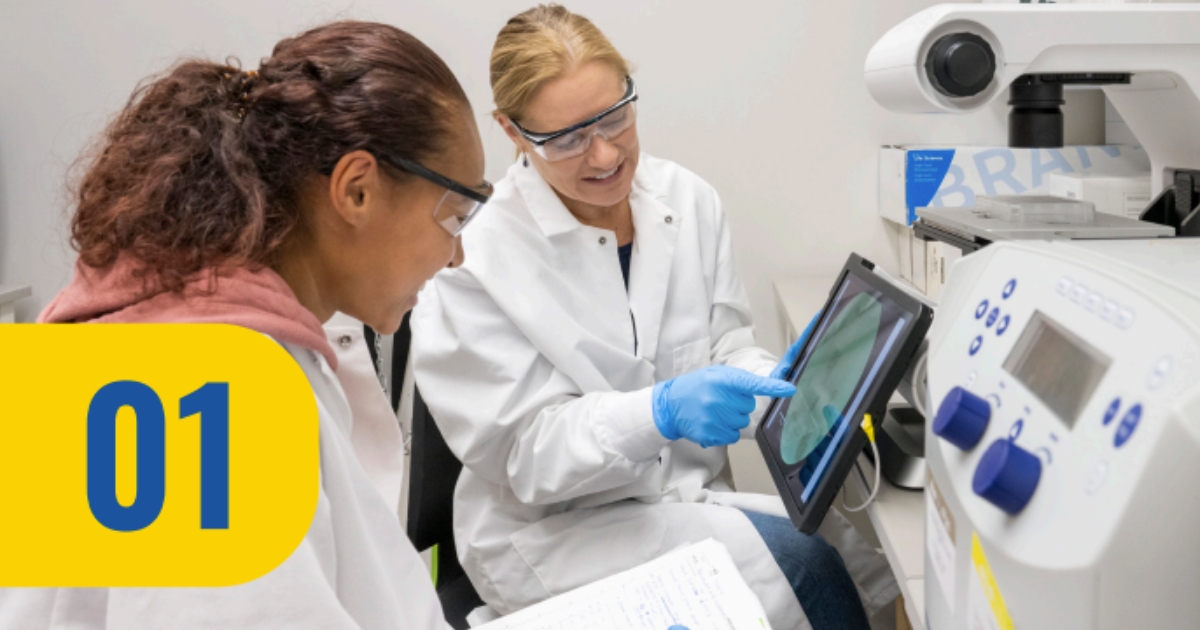
DRIVE INNOVATIVE AND IMPACTFUL RESEARCH
We will advance research that tackles today’s most pressing challenges and delivers actionable solutions for communities, industries, and natural ecosystems. By cultivating interdisciplinary collaboration and aligning our research with community and industry needs, we will transform knowledge into tangible benefits for ecosystems, economies, and everyday lives.
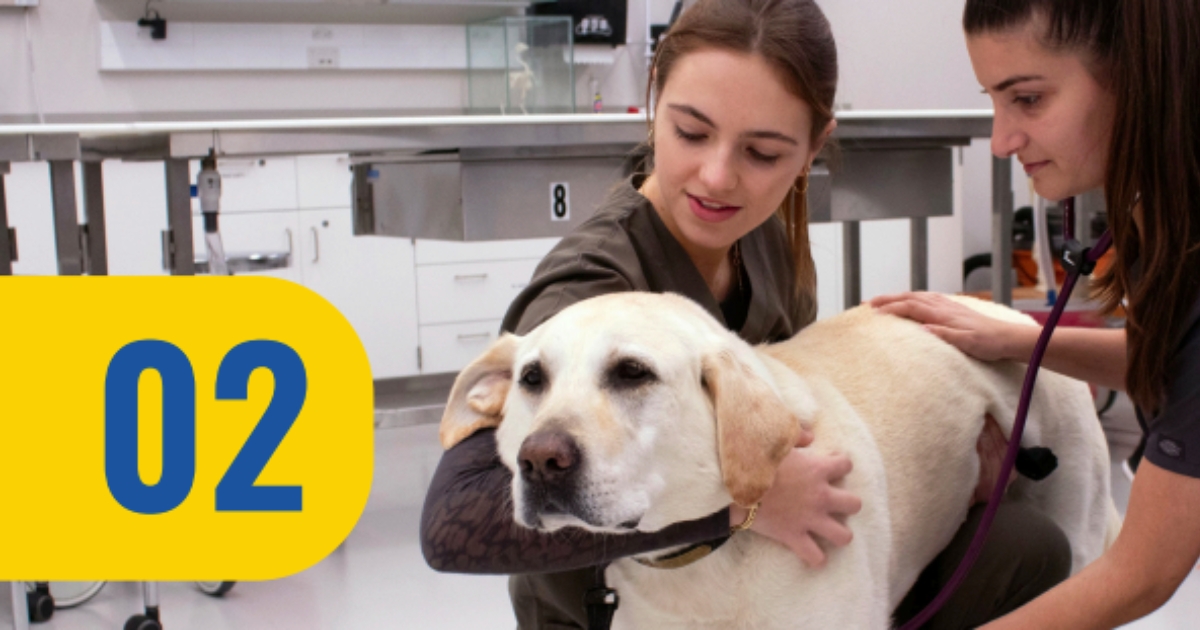
FOSTER TEACHING AND LEARNING EXCELLENCE
We will reimagine teaching and learning to deliver applied, high-impact educational experiences that empower students to lead and innovate in their fields. Through continual investment in instructional excellence, relevant curricula, and hands-on learning, we will enable every student to leave CANR prepared to shape a better future.
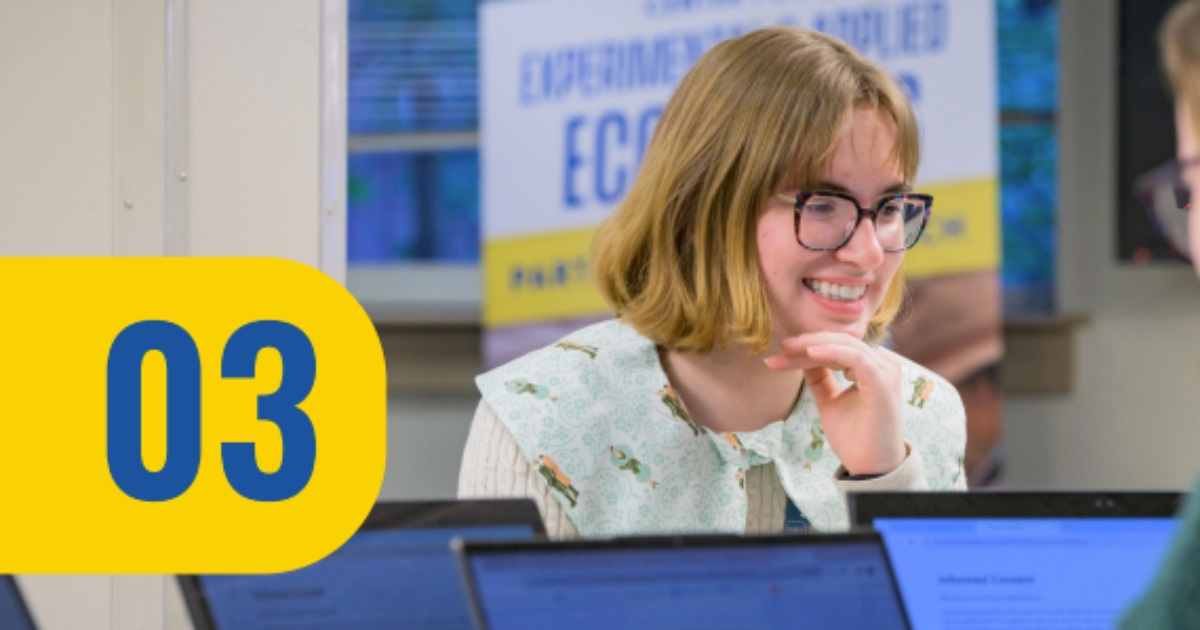
PROMOTE STUDENT EXPERIENCE AND RECRUITMENT
We will create a student experience rooted in belonging, connection, and purpose. By expanding access, strengthening mentorship, and deepening career preparation, we will enable our growing student body to thrive in their careers and serve as changemakers in their communities.

STRENGTHEN EXTERNAL PARTNERSHIPS AND ENGAGEMENT
We will amplify the reach and relevance of CANR by deepening our partnerships with alumni, industry, government, and community stakeholders. Through Extension and other translational efforts, we will ensure our research, education, and service efforts have a lasting and visible impact across Delaware and beyond.

IMPROVE FACILITIES AND INFRASTRUCTURE TO SUPPORT EXCELLENCE
We will transform our physical spaces into dynamic platforms for innovation, learning, and collaboration. By modernizing our facilities and ensuring equitable access to these resources, we will support the next generation of revolutionary research, applied education, and community engagement.
Implementation
Our next step is to develop a clear and actionable implementation plan outlining the specific steps required to achieve these goals, including specific timelines, measurable success metrics, and an accountability framework to help ensure our efforts are impactful and aligned with our long-term vision. To support transparency and continuous improvement, we will also report annually on progress toward our goals, using data and metrics to guide ongoing decision-making and adjustments.
The Planning Process
Over the 2024-2025 academic year, CANR embarked on a year-long process to develop our strategic plan. This process was led by a steering committee with representatives from across the college who brought a range of expertise, experience, and perspectives to ensure that our plan reflected the needs and opportunities across our entire college community. This committee served as a key resource in the planning process, reviewing research, informing stakeholder engagement, and ultimately overseeing the development of our strategic plan.
Throughout the year, faculty, staff, students, partners, alumni, and donors were provided opportunities to contribute to the processes through interviews, surveys, listening sessions, and focus groups. In total, over 990 points of input were gathered. Following this robust data collection, the steering committee and college leadership convened for a strategic planning retreat to develop the foundation of the plan. The draft strategic plan was circulated to the college community – including both our faculty and staff and external stakeholders – for feedback prior to being finalized.
We are truly grateful to the committee members, as well as to each member of our college community who participated in this process. Your contributions are what made this plan possible.
Steering Committee Members
- Martin Heintzelman, Department Chair and Professor, Applied Economics and Statistics and Committee Chair
- Jenn Volk, Associate Director of Cooperative Extension and Environmental Quality Extension Specialist
- Karen Moline, Associate Dean for Strategic Initiatives and Planning
- Colin Pié, Undergraduate Student
- Jack Levy-Diedrich, Graduate Student
- Kali Kniel, Professor, Animal and Food Sciences
- Brian Ladman, Senior Scientist, Animal and Food Sciences
- Kyle McCarthy, Professor, Entomology and Wildlife Ecology
- Vincenzo Ellis, Assistant Professor, Entomology and Wildlife Ecology
- Alyssa Betts, Associate Professor, Plant and Soil Sciences and Cooperative Extension Specialist
- Hong Li, Associate Professor, Animal and Food Sciences
- Harsh Bais, Professor, Plant and Soil Sciences
- Dayna Otalor, Undergraduate Student
Drafting the Strategic Plan
This planning process took place during the 2024-2025 academic year, with the majority of stakeholder engagement occurring in late Fall 2024 and early Spring 2025.
-
Strategic Plan | College of Agriculture and Natural Resources 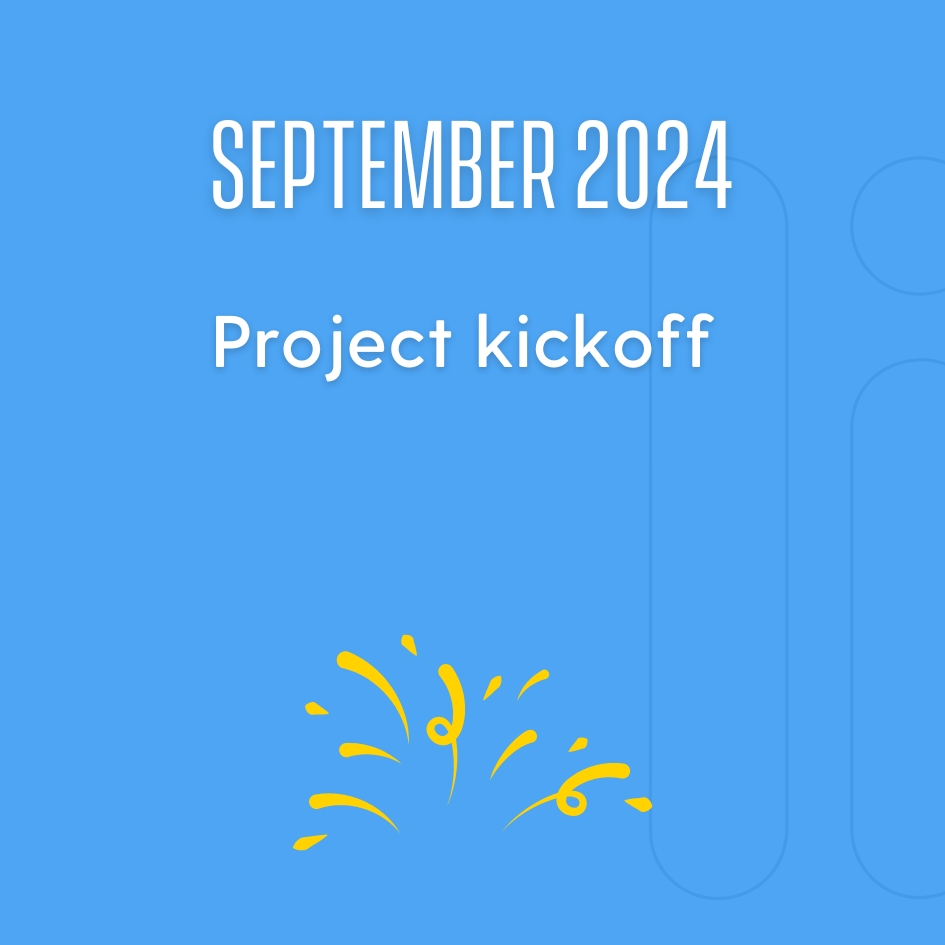
-
Strategic Plan | College of Agriculture and Natural Resources 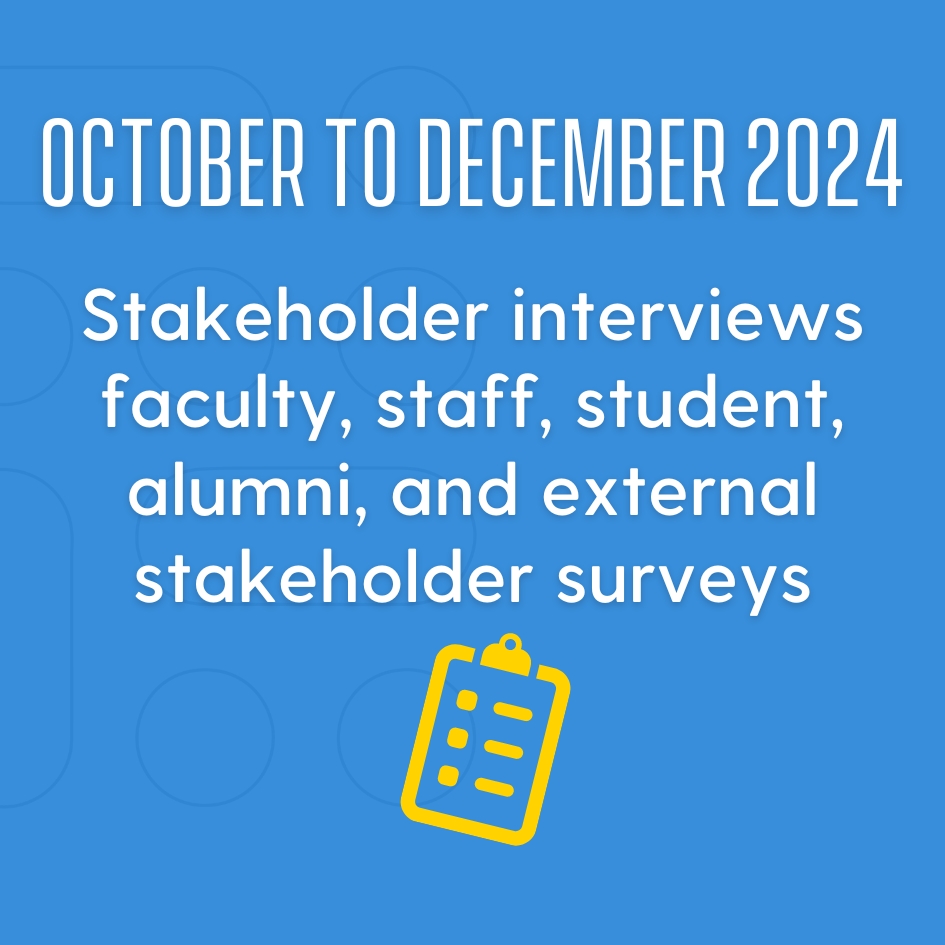
-
Strategic Plan | College of Agriculture and Natural Resources 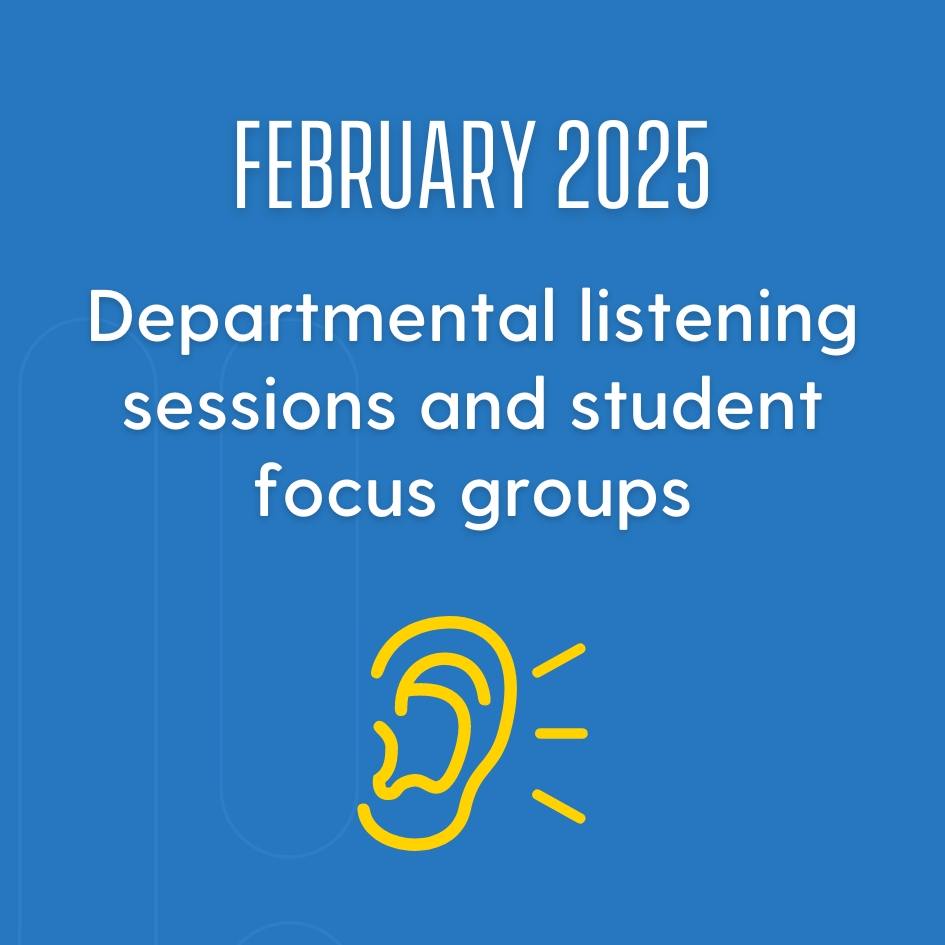
-
Strategic Plan | College of Agriculture and Natural Resources 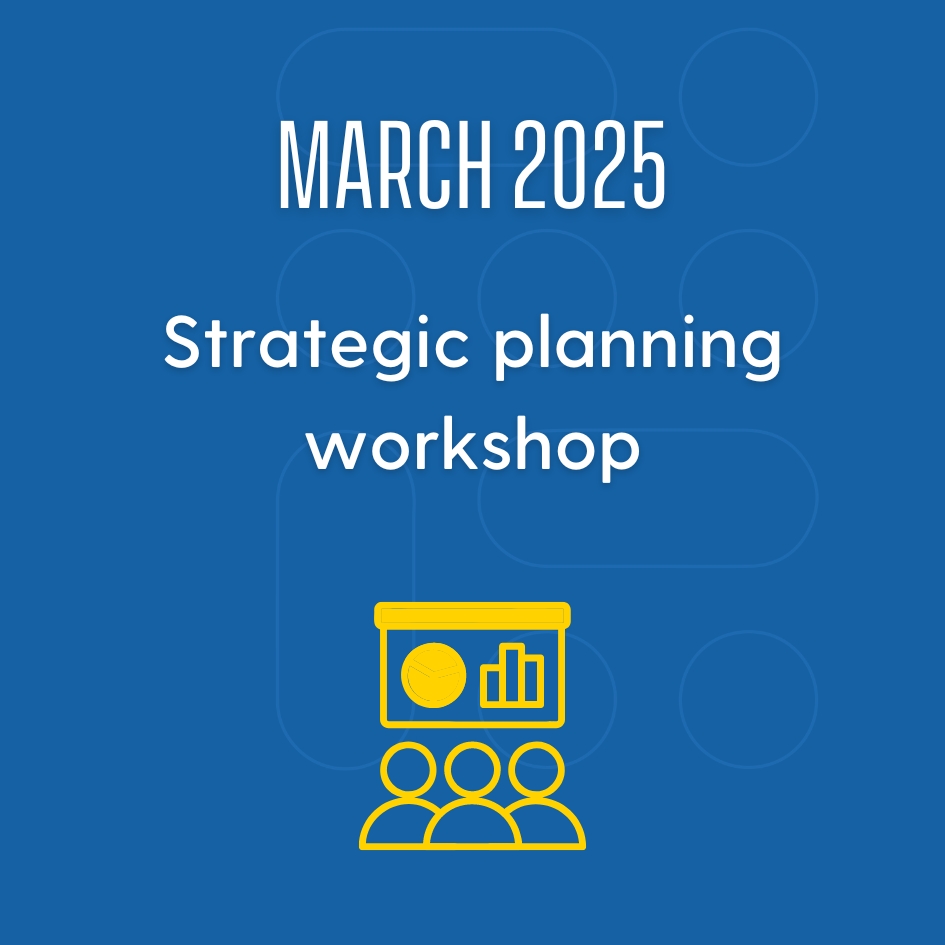
-
Strategic Plan | College of Agriculture and Natural Resources 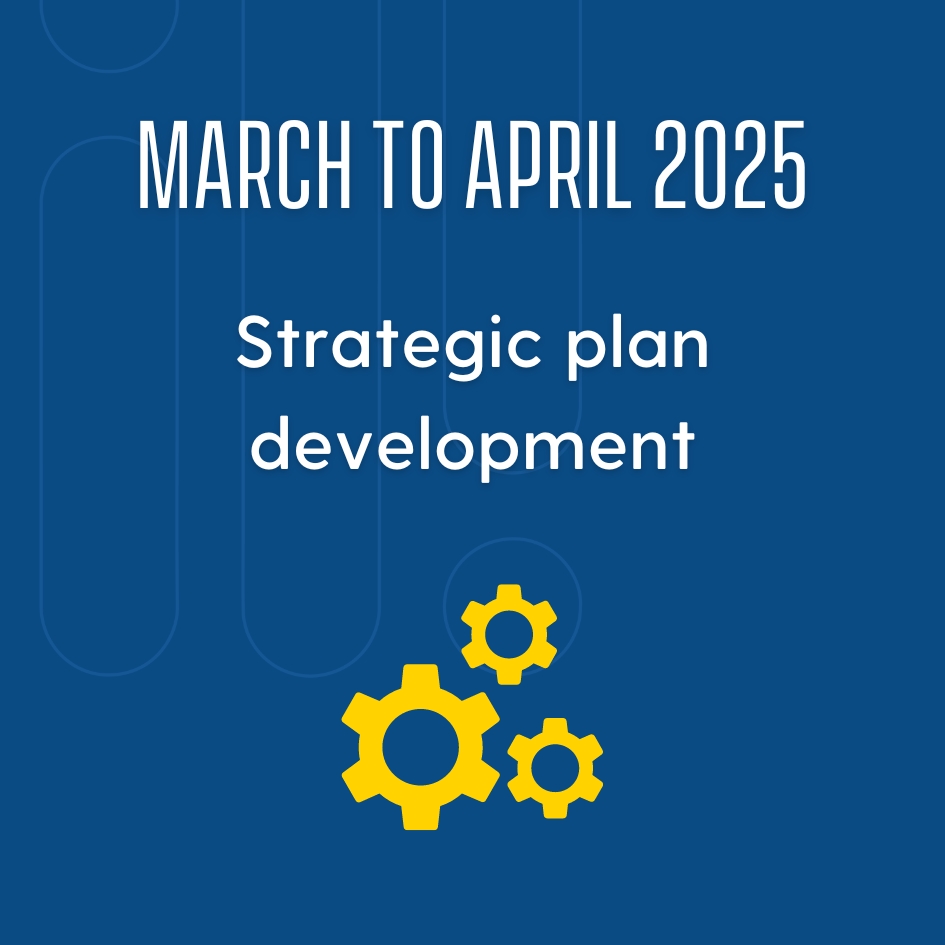
-
Strategic Plan | College of Agriculture and Natural Resources 